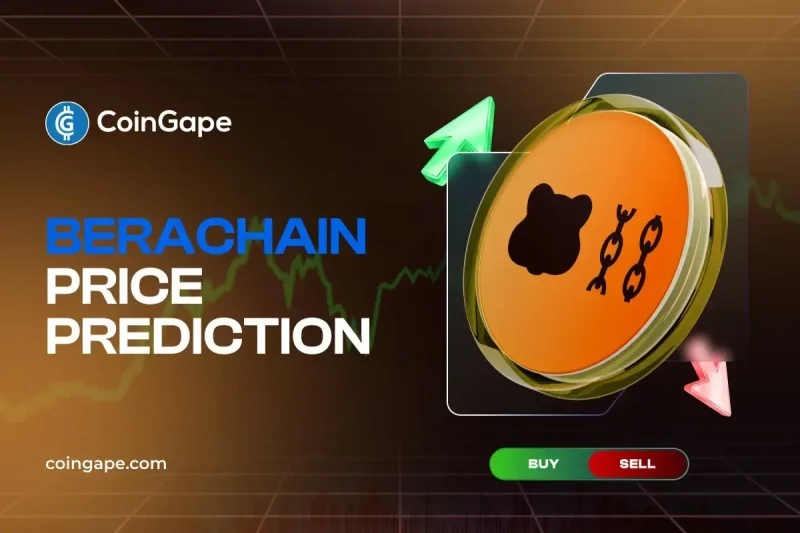Arbitrum Bets Big on Decentralization! Implements BoLD Protocol for Permissionless Validation


The Offchain Labs-founded Arbitrum, on 12 Feb, announced the launch of Bounded Liquidity Delay (BoLD) protocol for its Arbitrum ecosystem, the de-centralised Ethereum Layer-2 solution.
The operational launch on the Arbitrum One and Nova Chains comes as a major upgrade to the Arbitrum’s Layer 2 infrastructure which is Offchain’s main Ethereum L2 network for DeFi, NFTs, and gaming. Designed with Ethereum Compatibility, Arbitrum enhances its scalability by improving the speed and reducing the costs of transactions on the Ethereum blockchain. Using Optimistic Rollups, Arbitrum processes transactions in batches off-chain and then posts summaries to the Ethereum mainnet, reducing congestion on it.
The implementation of BoLD protocol on Arbitrum network, from Wednesday. replaces the earlier system of allowlisted by Off-chain Labs that allowed only a limited set of validators to participate in fraud-prood verification. Now BoLD will aim at making validation permissionless and more secure, allowing anyone to become a validator and contribute to Arbitrum’s security.
Today, BoLD delivers permissionless validation, making the Arbitrum ecosystem more secure and more decentralized than ever.
Anyone can defend Arbitrum.
Stage 2 soon. pic.twitter.com/y6y1WDTSwc
— Arbitrum (@arbitrum) February 12, 2025
Glancing at Arbitrum’s Complex Mechanism
The layer 2 solutions such as Arbitrum though significantly work towards reducing the cost of transactions on Ethereum but are prone to denial-of-service attacks with fraud-proof mechanisms.
For security and efficiency reasons, optimistic rollups require permissioned validators, posing delayed completion of transactions. Users have to wait for 7 days before transactions are finalized on Ethereum – the timeframe which can sometimes go indefinite. This makes users’ capital inefficient as they have to wait before accessing their funds, making slower withdrawals. Furthermore, in case of fraudulent transactions, validators have to possess financial incentives to report such instance as submitting a fraud proofs comes with expensive computation. Certain censorship risks also remain as the centralized sequencer can censor transactions.
Can BoLD make it simple?
The complexity and challenges of optimistic rollups utilised by Arbitrum can be improvised with the launch of BoLD by Offchain. Granting permissionless validators, BoLD transforms the fraud-proof system by providing the time-bound dispute resolution mechanism.
In Simple words, BoLD allows:
1. Moving with permissionless validation, anyone can verify transactions and challenge fraud making the Arbitrum ecosystem more decentralized.
2. The time-bound dispute resolution mechanism will aim to resolve any dispute within 12 days on Arbitrum chains – relieving the challenging wait of long days.
3. To get rid of the make-up claims, it requires validators and challenges to put a financial stake before submitting claims.
Thus, as Arbitrum looks forward to launching stage-2 soon, the coming up of BoLD protocol is moving Arbitrum closure to the ultimate vision of Ethereum – transparency and Decentralisatiom.
The post Arbitrum Bets Big on Decentralization! Implements BoLD Protocol for Permissionless Validation appeared first on CoinGape.






